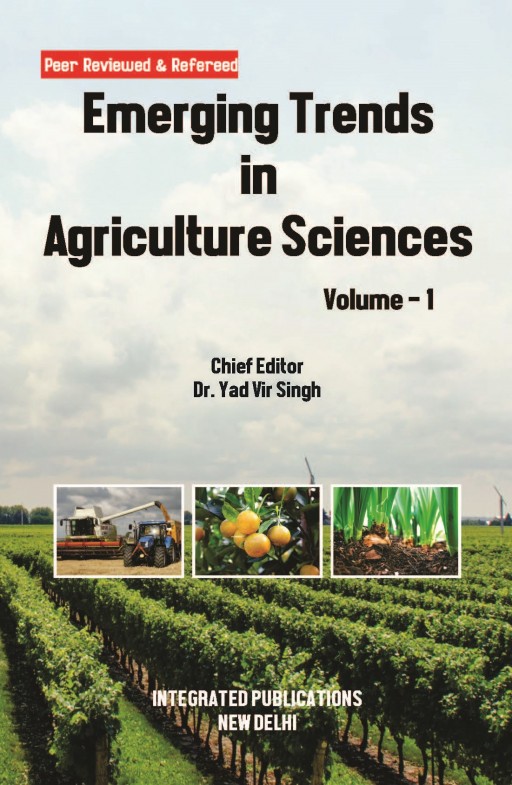Organic Integrated Farming System


Predominantly, India being a rural and agrarian economy and continuous decreasing trend in land holding size creates a major challenge towards profitability and sustainability of farming. Small and marginal farmers are the core of the Indian rural economy constituting 85% of the total farming community but possessing only 44% of the total operational land (GoI 2015). The average size of operational land holding declining trend of per capita land availability poses a serious challenge to the sustainability and profitability of farming. Due to ever increasing population and shrinking land resources in the country, practically there is hardly any scope for horizontal expansion of land for food production. Only vertical expansion is possible by integrating appropriate farming components that require lesser space and time to ensure reasonable periodic income to farm families. Farmers are mostly practicing conventional farming that leads to deterioration of soil health, increased risk of crop failure and downward trends in productivity. To solve the problems of small resource poor farmers and to make their livelihood more secure, has led to the development of a more holistic, resource based, client oriented and interacting approach, popularly known as Integrated Farming System (IFS). Integration of different enterprises is to be made in such a way that by-product of one component should be the input for other enterprises with high degree of complimentary effects on each other. an IFS represents raising of multiple crops (e.g. cereals, legumes, vegetables, tree crops) and multiple enterprises (e.g., livestock, apiary, aquaculture) on particular single farm in an integrated manner. The major objective of integrated farming system is to derive a set of resource development and utilization practices, which leads to a substantial and sustained increase in agricultural production and increase framers income.